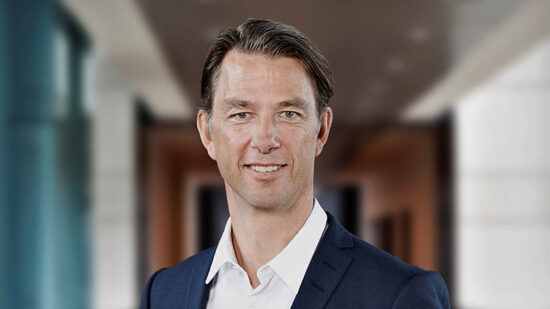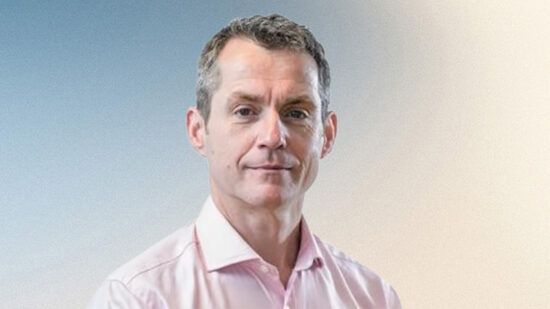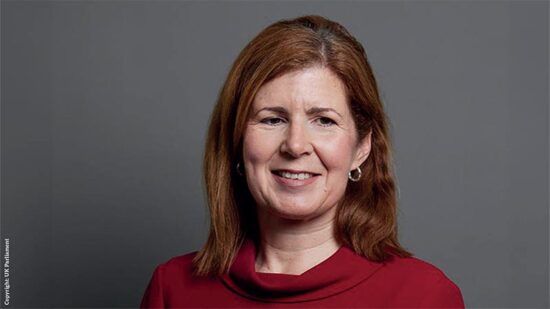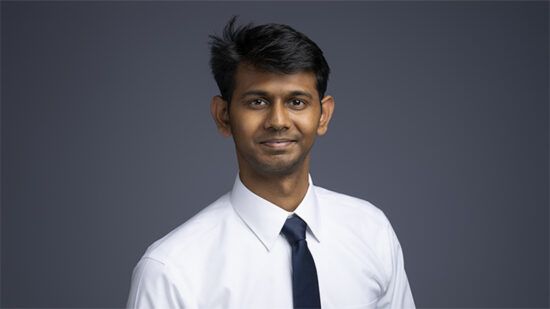A geopolitical crisis has ignited in Eastern Europe. Inflation and interest rates are rising. Supply chains are bottlenecked. Employment opportunities are leveling off as the pandemic morphs into an endemic and the world returns to a “new normal.” All of this has led to increased market volatility.
Through it all, values-aligned investing continues its relentless march forward. In just one slice of that broad category, investors added nearly $70 billion into open-end and exchange-traded funds that claim some type of sustainable investing mandate in 2021, and these 534 funds now have more than $350 billion in assets, according to Morningstar’s Jon Hale. And a recent survey by FlexShares Exchange Traded Funds found that 72% of investors are interested in using ESG strategies.
Happiness is a values-aligned investment
This growing demand for ESG investing suggests investors want to fulfill a more profound sense of purpose. Unlike historical approaches to long-term investing that disregarded investor values for the sake of returns, investors can now achieve similar (or sometimes even better) returns while perpetuating values. Meanwhile, researchers of human happiness have consistently found that having a sense of purpose is a crucial ingredient of individual happiness, alongside relationships with family and friends and having faith in something more significant than our known existence.
That’s not to say having money or wealth doesn’t matter. In a 2010 study Princeton University researchers found that the closer people’s annual income was to $75,000, the happier they felt. But once their incomes exceeded that, their sense of daily wellbeing didn’t substantially increase. Other research, referenced in this story in The Atlantic last year, shows that spending money to have experiences, buy time and give money away to help others reliably improve happiness.
So, we have evidence, including a report from S&P Global last year, that ESG investing can perform in line with the market and even outperform it. And we have proof that directing wealth to improve our environment, society and the moral and ethical conduct of commercial enterprises can improve our happiness.
Advisers are missing the opportunity
Yet, according to the FlexShares survey, 87% of clients interested in ESG investments said their adviser hadn’t suggested them. Half of the survey respondents age 20-25 had sustainable investments, even though none had received suggestions about them from their adviser. Many indicated they would leave their advisers if they were unwilling or unable to build ESG investment portfolios.
This should be an easy problem for advisers to solve. The conversation that starts with, “Have you ever thought about how your investments can support the things you truly care about, beyond financial gain?” is a good starting point. This can lead to an adviser-client dialog to discover if an investor’s current portfolio aligns with the their values. This can include preferences regarding philanthropic and charitable giving and exploration of equity and fixed income investments that further align with client values.
ESG investing offers advisers the opportunity to build a relationship with clients that goes well beyond transactions marked by mere evaluations of financial risk and time horizons. It opens the door for advisers to deepen their client relationships, broaden them to likeminded family and friends and, ultimately, serve up the often-elusive, immeasurable reward of happiness alongside solid financial returns.
Money can’t buy happiness. But happiness is much more attainable when we use our money as a lever to improve our sense of purpose. And financial advisers are perfectly positioned to guide their clients across the intersection of financial success and happiness in life. It all starts when they lean into their roles as counselors, take action and ask the right questions.
Zachary Conway is founder and CEO of New York City-based Seeds Investor.








